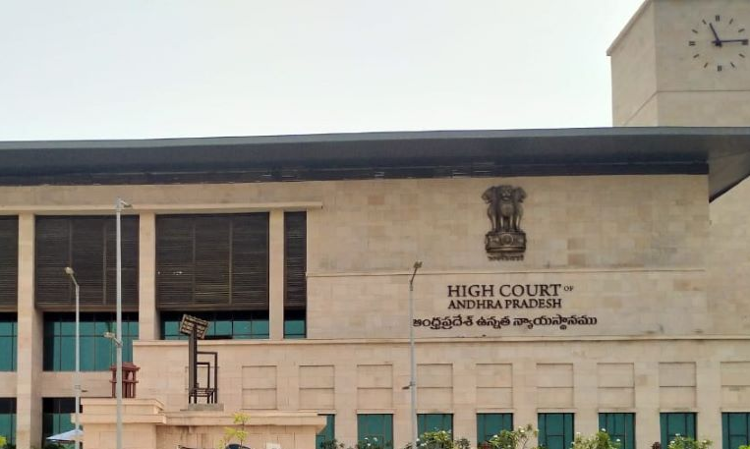Andhra Pradesh High Court: A single judge bench of Justice Maheswara Rao Kuncheam upheld the dismissal of an APSRTC conductor. He was terminated for collecting fares from passengers without issuing tickets. The court stressed on the importance of maintaining public trust in disciplinary actions. It ruled that leniency in cases of misappropriation, even involving small amounts, is contrary...

